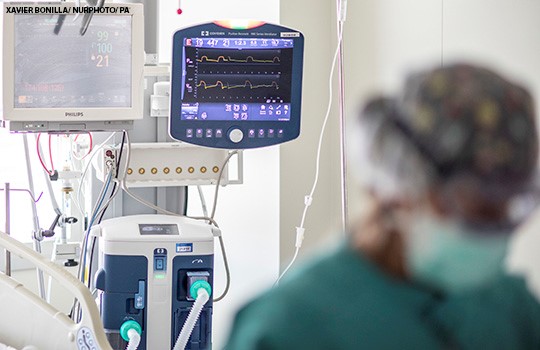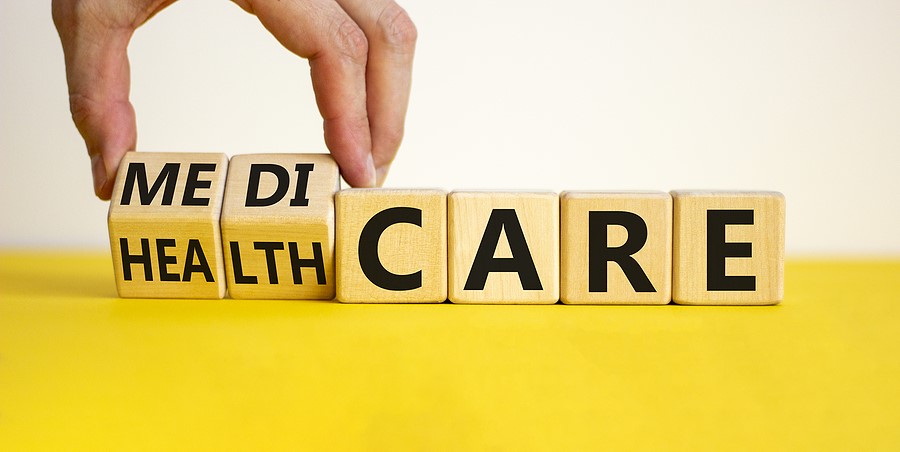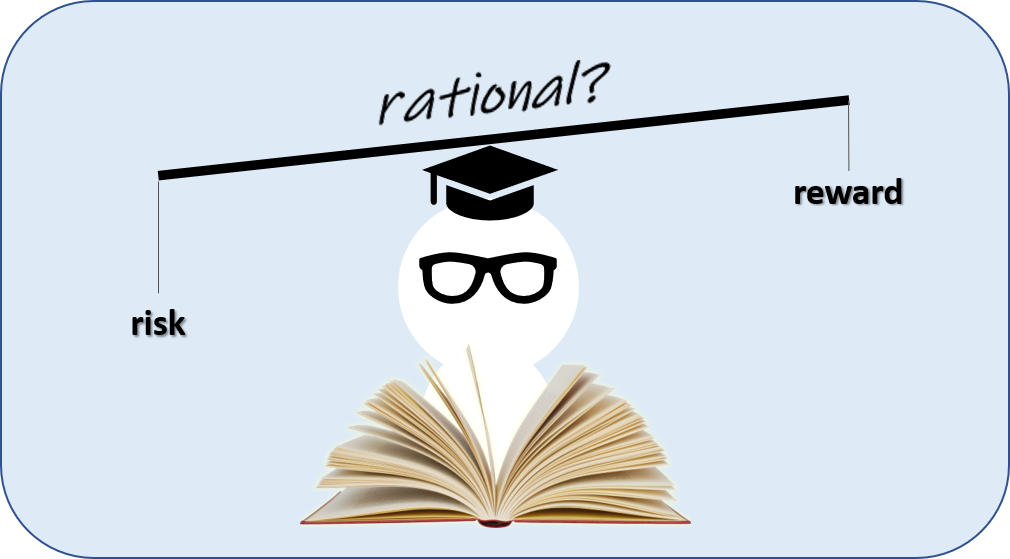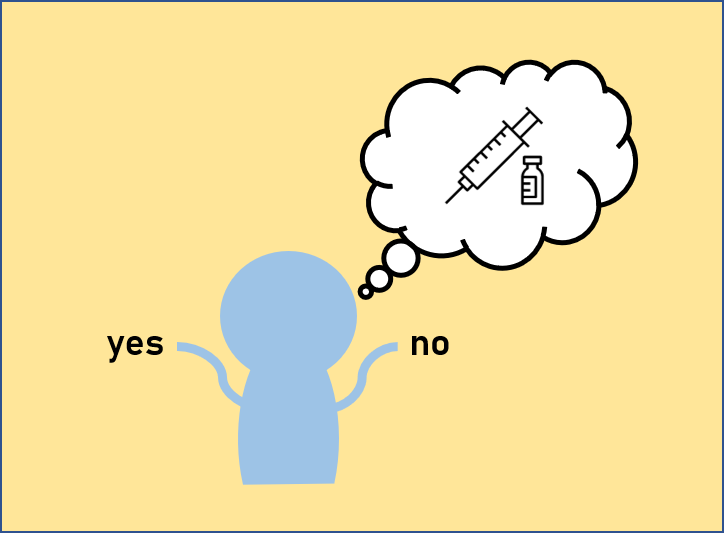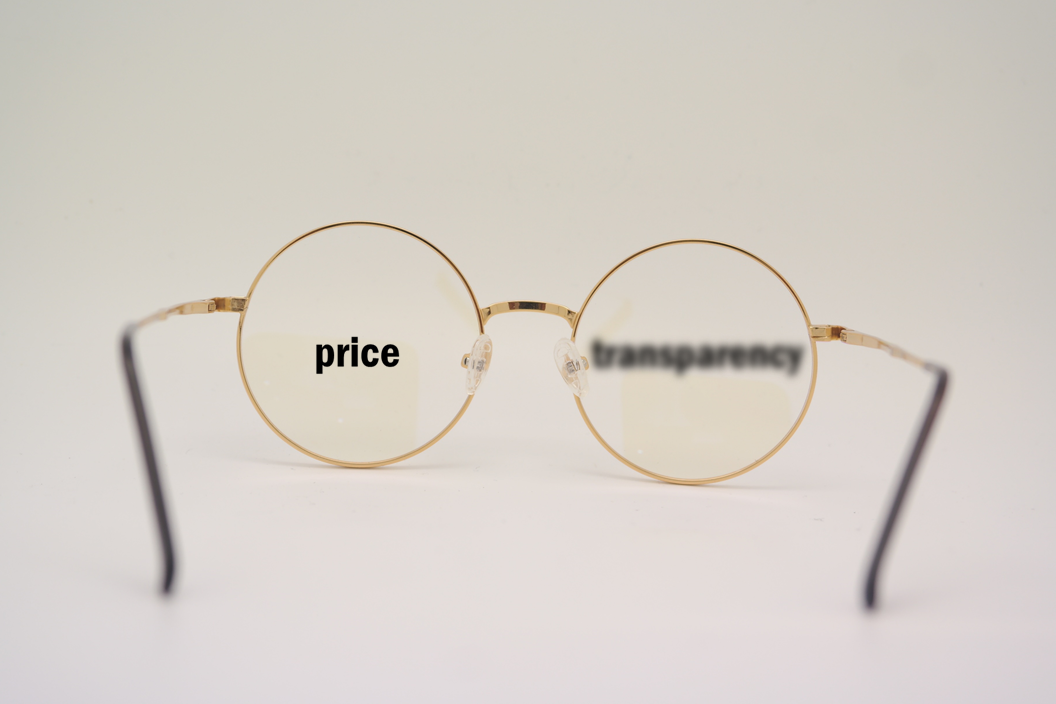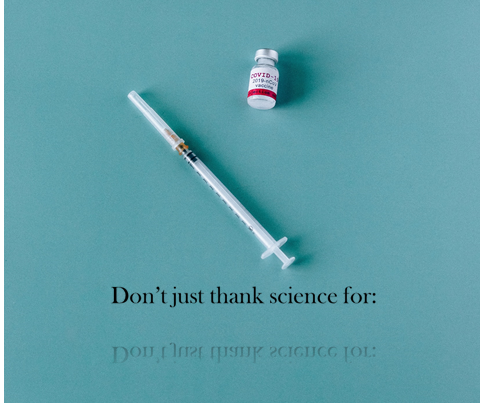Healthcare Prices Are Soaring—Guess Who’s Getting Rich!
Pulling The Plug In Seriously Ill Patients—It’s Often A Matter Of Race
In the US, Black patients often receive significantly less medical care than similarly sick white patients. Black patients have less access to primary and subspecialty care; they’re less likely to receive flu and pneumonia vaccinations. When they do receive care, it is often of lower quality. Yet when Black patients experience a significant traumatic brain injury, they often receive more aggressive care than white patients.
That’s what my colleague, Theresa Williamson, showed in an article published in JAMA Surgery. Williamson is a neurosurgeon at the Mass General Hospital. When she trained at Duke, we collaborated on a study of patients who were admitted to hospitals with severe traumatic brain injuries—a fall, a car accident, or a violent assault created so much blunt force against the skull that the victims lost consciousness, with a risk of imminent death from bleeding or swelling of the brain.
…
Why do Black patients receive more aggressive care after traumatic brain injury? Williamson’s study can’t answer that question. But I would guess that many Black families are suspicious when, mere hours after their loved one is admitted to the hospital, a bunch of (largely non-Black) physicians start talking about whether it’s time to pull the plug.
A lifetime of healthcare deprivation and now doctors want to withdraw their loved ones ventilator?
Generations of healthcare disparities, and the surgeon doesn’t want to drain blood from a loved one’s skull?
To read the full article, please visit Forbes.
Time To Take Tax Breaks Away From Non-Profit Hospitals
Many nonprofit hospitals in the United States are not performing enough charitable care to justify the billions of dollars of tax breaks they receive.
Decades ago, the federal government created rules excepting non-profit hospitals from many taxes. At the time, most hospitals in the U.S. were charitable organizations, the majority of their patients unable to pay for the services they received. At that time, hospitals relied upon philanthropy—the support of religious organizations or the generosity of individual donors—to balance their budgets. They relied upon tax breaks, too.
Then after World War II, an increasing number of Americans gained health care coverage. Now, hospitals were receiving an increasing proportion of their income from paying customers. Nevertheless, neither local nor federal governments pulled back their tax breaks.
Fast forward to today: many wealthy nonprofit hospitals provide surprisingly little charitable care.
To read the full article, please visit Forbes.
Medicare Savings Might Be Costing Us: Here’s Why
In 2010, as part of the Affordable Care Act, Medicare invited healthcare providers to form accountable care organizations, aka ACOs. The idea was simple: shift away from fee for service by holding providers accountable for the cost and quality of medical care. Those providers that reduce healthcare utilization while maintaining high quality would be eligible for financial rewards.
In some parts of the country, lots of providers responded to this invitation. Sometimes, large provider organizations—ones that already included primary care and specialty clinicians, hospitals and skilled nursing facilities—leveraged their preexisting partnerships to form ACOs. Other times, provider organizations banded together—outpatient practices merging with hospitals. In theory, ACOs were supposed to save money by better coordinating patient care, and by achieving organizational efficiencies.
Could ACOs be costing us money?
To read the full article, please visit Forbes.
An Unbelievable Study Proves—College Students Make Rational Sex Decisions?!
Sex is risky. It can lead to emotional pain, privacy concerns, unwanted pregnancies, sexually transmitted infections (STIs), and even cancer. Many young adults engage in risky sexual behaviors, including college students, who too often, have sex with people they don’t know very well while, at times, under the influence of alcohol or other drugs.
Yet a study in Psychological Science, one of the field’s leading journals, concludes that “young adults make rational sexual decisions.” How could respected researchers come to this conclusion? And what does this study reveal about the way young adults make sexual decisions?
Let’s start with the way the research team studied sexual decision making.
To read full article, please visit Forbes.
Fighting Vaccine Hesitancy
In 2019, tens of thousands of Americans took an unproven COVID treatment—hydroxychloroquine—because a persuasive politician convinced them of its merits. So often, the message is more important than the verity of the message. We need to keep this in mind if we want to overcome vaccine hesitancy.
I was reminded of the importance of good messengers when I was reading an excellent book by Diarmuid Jeffreys about the history of Aspirin. In his book, Jeffreys recounts that tens of thousands of English people refused to take a cousin of Hydroxychloroquine, a medicine called Quinine, even though it was a proven treatment for malaria. They avoided the drug simply because, as good Protestants, they would not ingest what was known at the time as “the Jesuit’s root.” Early advocates of the drug were Jesuits within the Catholic Church, and that didn’t go over well with the largely Protestant British population.
Then a clever, if not deceitful, apothecary persuaded people to accept the treatment. The story of this Protestant practitioner holds lessons for our current struggles to contain COVID-19.
To read the full article, please visit Forbes.
My Doctor Told Me The Cost Of The Appointment… Give Or Take $200!
I had a persistent skin condition, and my dermatologist thought I should see someone with more experience caring for that kind of lesion. So, I went to a new dermatologist, I will call her Dr. Freezeitoff. At the front desk, the clerk reminded me that Dr. Freezeitoff wasn’t in my insurance network, and therefore I’d have to pay for my visit out-of-pocket, as little as $180 and as much as $250, depending on the length of the visit.
Dr. Freezeitoff seemed capable, with some new ideas about how to treat my condition. The visit wasn’t very long, but it didn’t feel rushed either. She injected my lesion with a medication and then zapped it with liquid nitrogen, the injection and zapping adding maybe two minutes to the visit. I expected that meant I would come out on the higher end of the clerk’s estimate, probably $250 or so.
But I was charged more than $400. The difference in cost was all related to the three minutes of zapping. There is an idea, quite popular in health policy circles these days, that if we expose patients to higher out-of-pocket costs, they will respond as empowered consumers, demanding low cost, high quality medical care, thereby helping the country rein in soaring healthcare costs. My visit to this well-intentioned dermatologist illustrates one of the flaws of this idea of consumer empowerment.
To read full article, please visit Forbes.
Coverage That Kills – Breast Cancer Care Is Undermined By High Deductible Health Plans
There are so many awful things about breast cancer. Here are two of them. (1) Receiving a diagnosis when your cancer is already advanced; (2) Not having enough money to pay for your treatment.
Here is an awful thing about high deductible health plans: They delay breast cancer diagnosis and get in the way of proper breast cancer care.
We should all be bothered by high deductible health plans. For starters, the deductibles are often too high. For individual coverage, it’s increasingly common for people to face deductibles of $2,000 or more. For families, deductibles can exceed $6,000. To make matters worse, high deductible plans often burden people with other out-of-pocket. Add in these copays, and a family could face more than $13,000 of out of pocket expenses on top of their insurance premiums.
To read full article, please visit Forbes.
Don’t Just Thank Science For Covid Vaccines
My Facebook feed is once again populated by images of people grateful for Covid vaccines, now that their young children have become eligible. Accompanying pictures of their children with colorful Band-Aids on their arms is typically a caption “thanking science” for developing the vaccine.
It is the season for expressing thanks. With that in mind, I’m here to urge us all to thank more than just science, or scientists, for developing these amazing vaccines. In fact, here is an incomplete list of other people and groups we should thank:
1. Science and Scientists: Although I am writing to urge us to not limit our thanks to scientists, I would be remiss not to thank them for their work. Many dedicated scientists have worked insane hours developing the vaccine. They deserve our, literally, undying gratitude.
2. Research volunteers: Scientists, on their own, did not prove that vaccines are effective against Covid. Instead, researchers conducted clinical trials in which tens of thousands of people voluntarily put themselves forward to help us all figure out whether the vaccines worked.
3. Pharma: Without for-profit companies willing to invest money in vaccine development, testing, and production, we would not have many shots in many arms.
To read full article, please visit Forbes.

